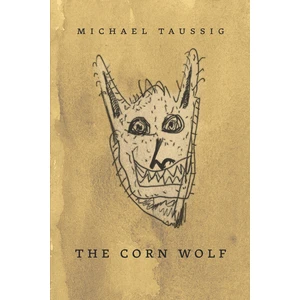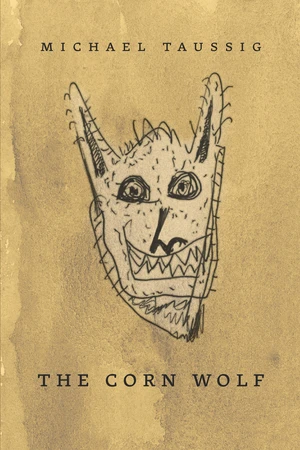Collecting a decade of work from iconic anthropologist and writer Michael Taussig, The Corn Wolf pinpoints a moment of intellectual development for the master stylist, exemplifying the ânervous systemâ approach to writing and truth that has characterized his trajectory. Pressured by the permanent state of emergency that imbues our times, this approach marries storytelling with theory, thickening spiraling analysis with ethnography and putting the study of so-called primitive societies back on the anthropological agenda as a way of better understanding the sacred in everyday life. The leading figure of these projects is the corn wolf, whom Wittgenstein used in his fierce polemic on Frazerâs Golden Bough. For just as the corn wolf slips through the magic of language in fields of danger
and disaster, so we are emboldened to take on the widespread culture of academicâor what he deems âagribusinessââwriting, which strips ethnography from its capacity to surprise and connect with other worlds, whether peasant farmers in Colombia, Palestinians in Israel, protestors in Zuccotti Park, or eccentric yet fundamental aspects of our condition such as animism, humming, or the acceleration of time. A glance at the chapter titlesâsuch as âThe Stories Things Tellâ or âIconoclasm Dictionaryââalong with his zany drawings, testifies to the resonant sensibility of these works, which lope like the corn wolf through the boundaries of writing and understanding.
more
Cheapest product
€3.52 | Ebooks.com USD | In stock
Do you have a better product in your shop?
Cheapest product
€3.52 | Ebooks.com USD | In stock
Do you have a better product in your shop?
Available in
What shops say
Ebooks.com USD
Collecting a decade of work from iconic anthropologist and writer Michael Taussig, The Corn Wolf pinpoints a moment of intellectual development for the master stylist, exemplifying the ânervous systemâ approach to writing and truth that has characterized his trajectory. Pressured by the permanent state of emergency that imbues our times, this approach marries storytelling with theory, thickening spiraling analysis with ethnography and putting the study of so-called primitive societies back on the anthropological agenda as a way of better understanding the sacred in everyday life. The leading figure of these projects is the corn wolf, whom Wittgenstein used in his fierce polemic on Frazerâs Golden Bough. For just as the corn wolf slips through the magic of language in fields of danger and disaster, so we are emboldened to take on the widespread culture of academicâor what he deems âagribusinessââwriting, which strips ethnography from its capacity to surprise and connect with other worlds, whether peasant farmers in Colombia, Palestinians in Israel, protestors in Zuccotti Park, or eccentric yet fundamental aspects of our condition such as animism, humming, or the acceleration of time. A glance at the chapter titlesâsuch as âThe Stories Things Tellâ or âIconoclasm Dictionaryââalong with his zany drawings, testifies to the resonant sensibility of these works, which lope like the corn wolf through the boundaries of writing and understanding.

